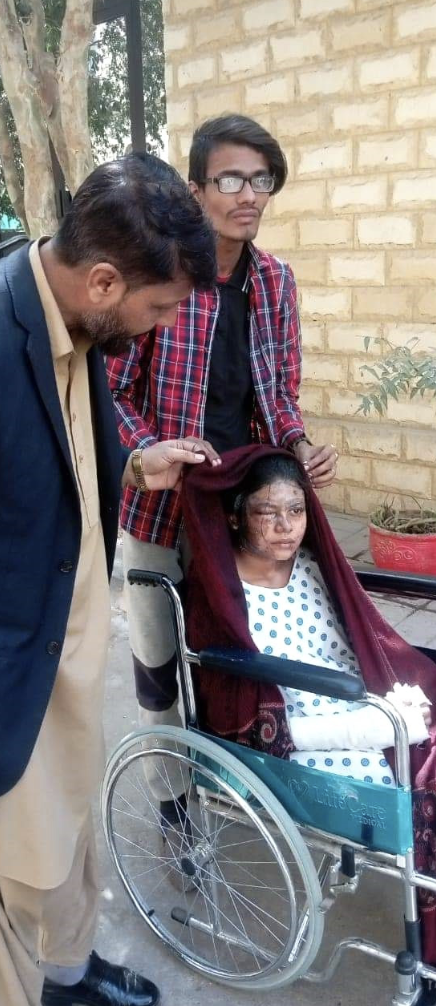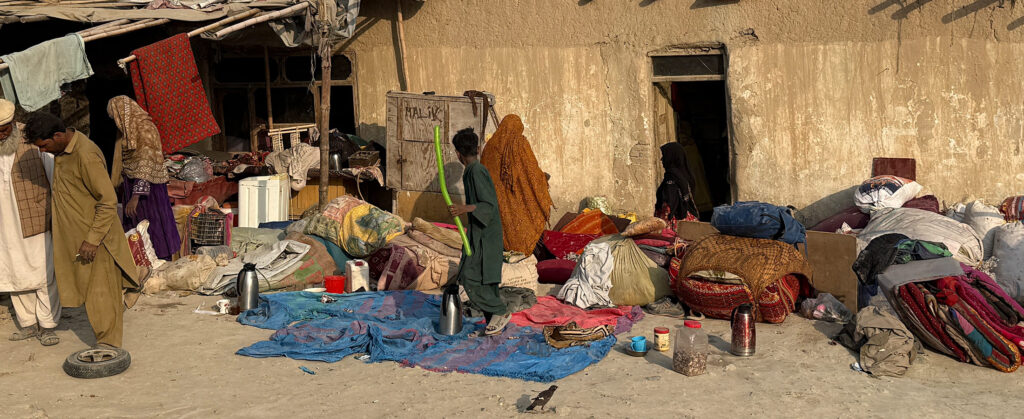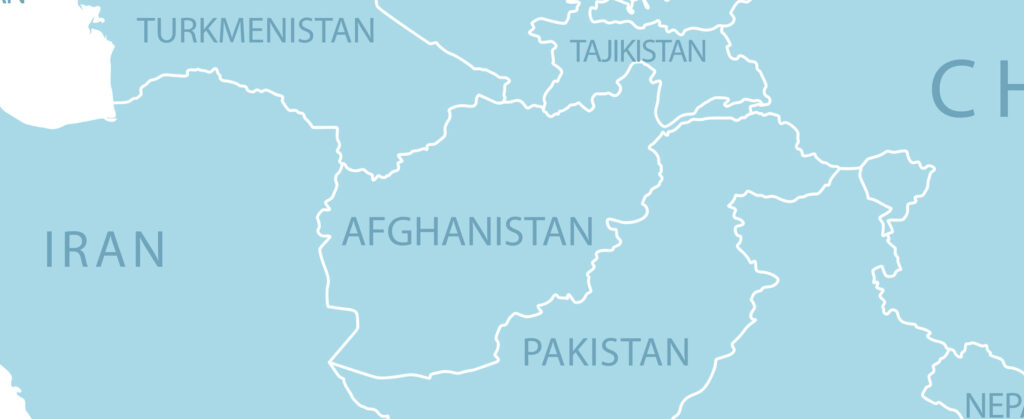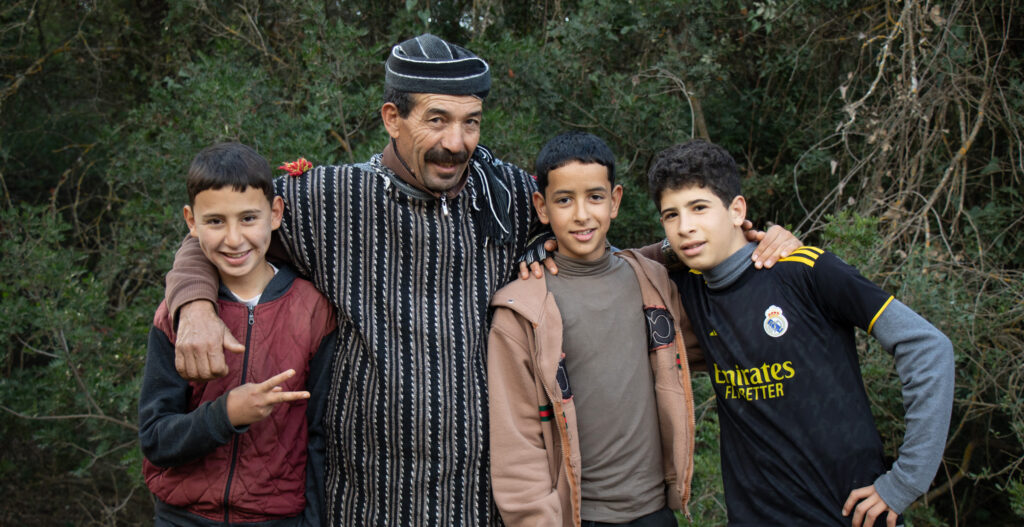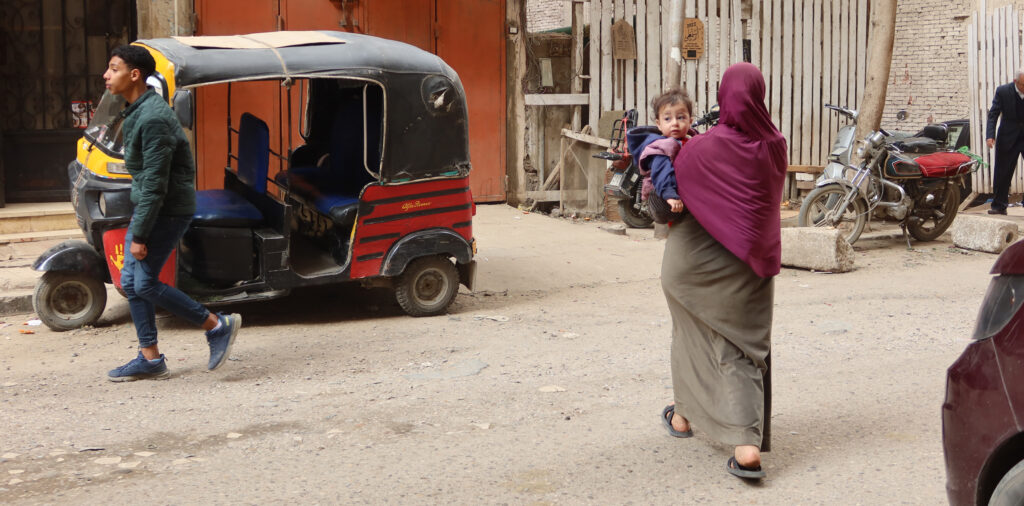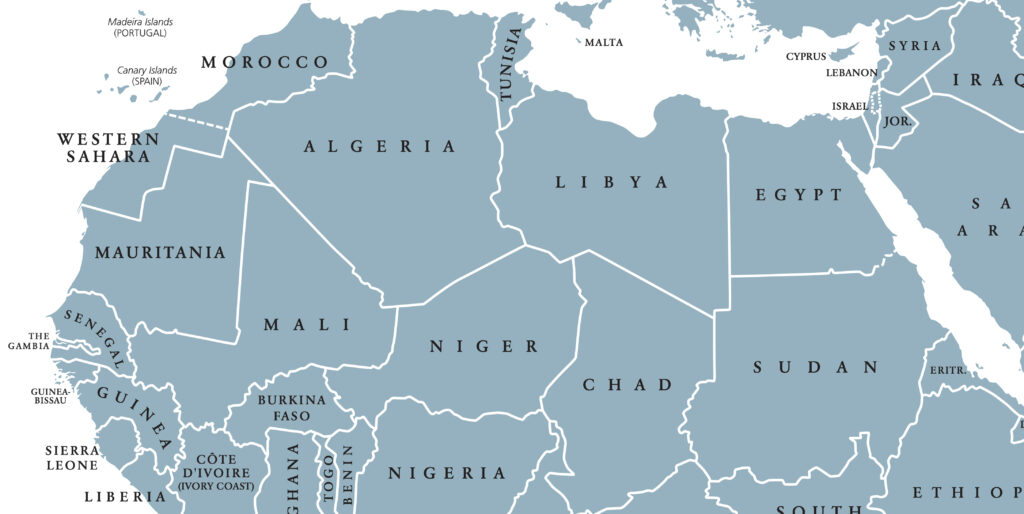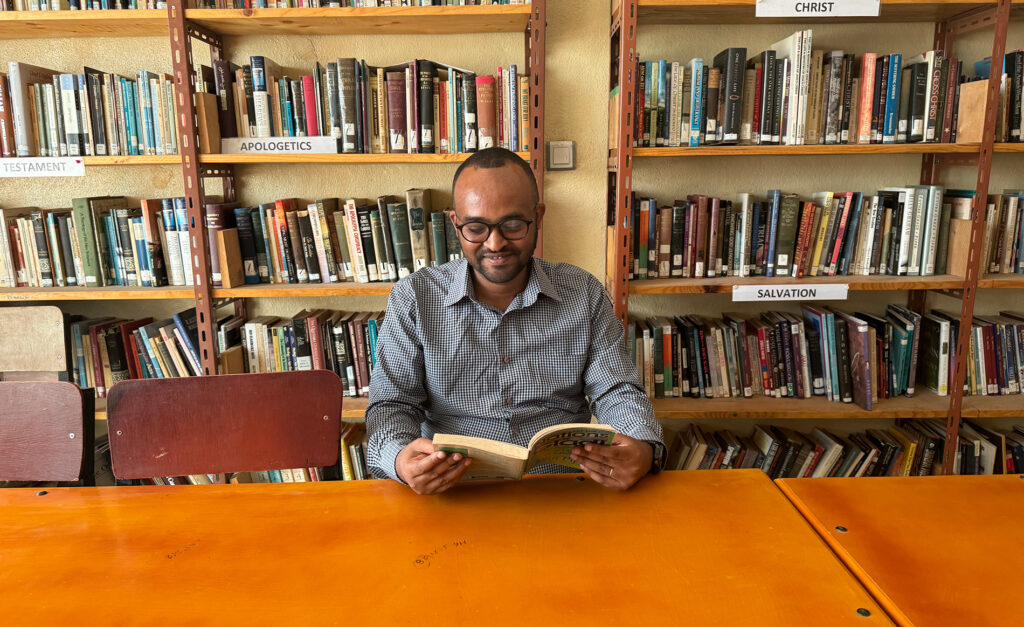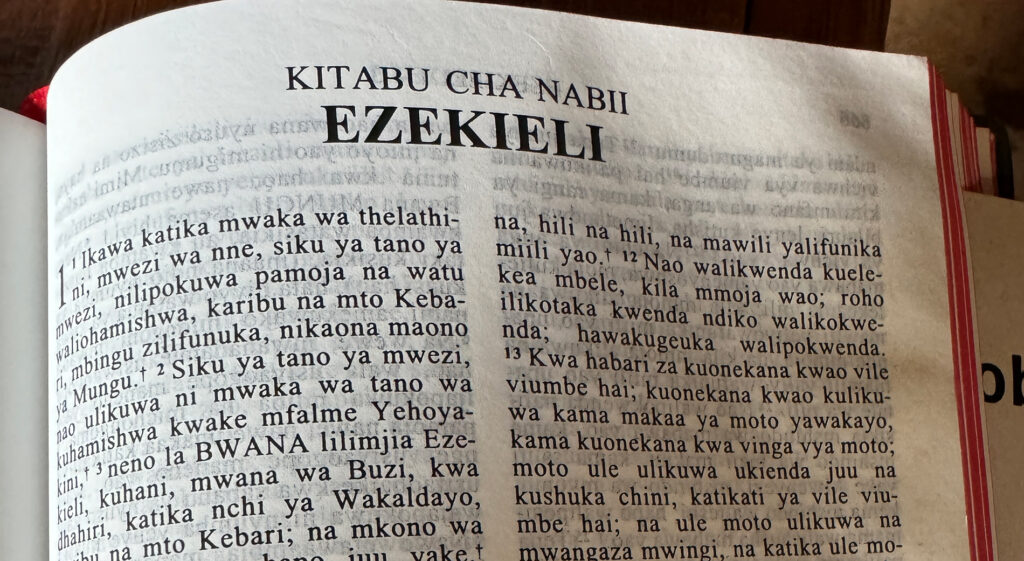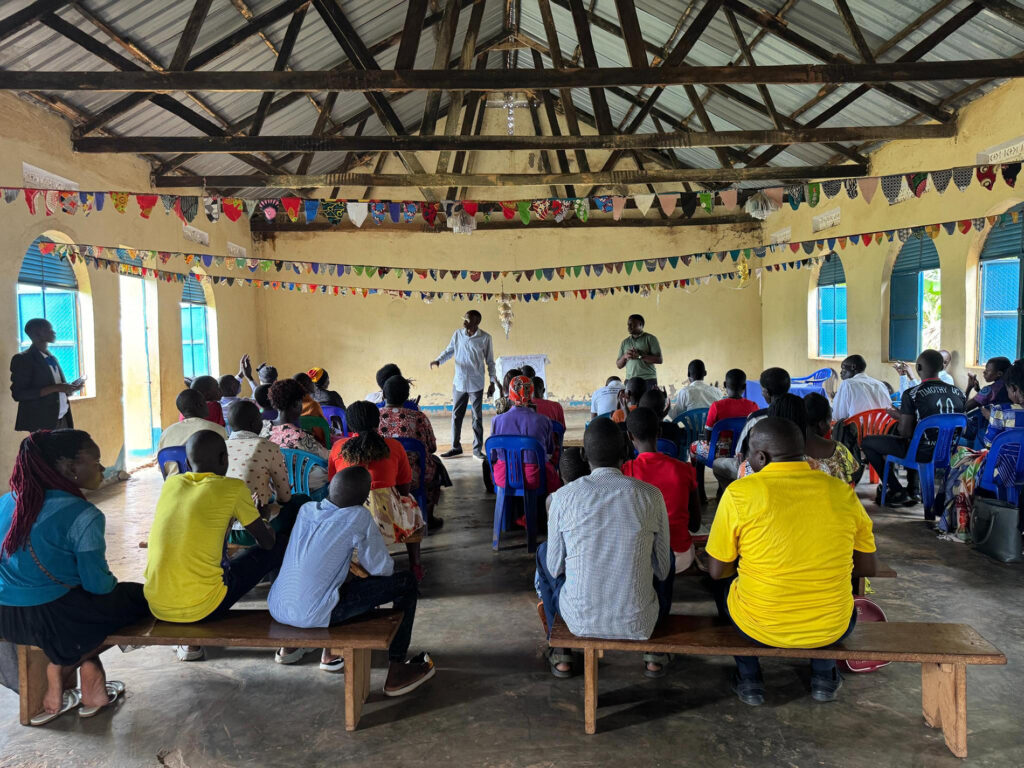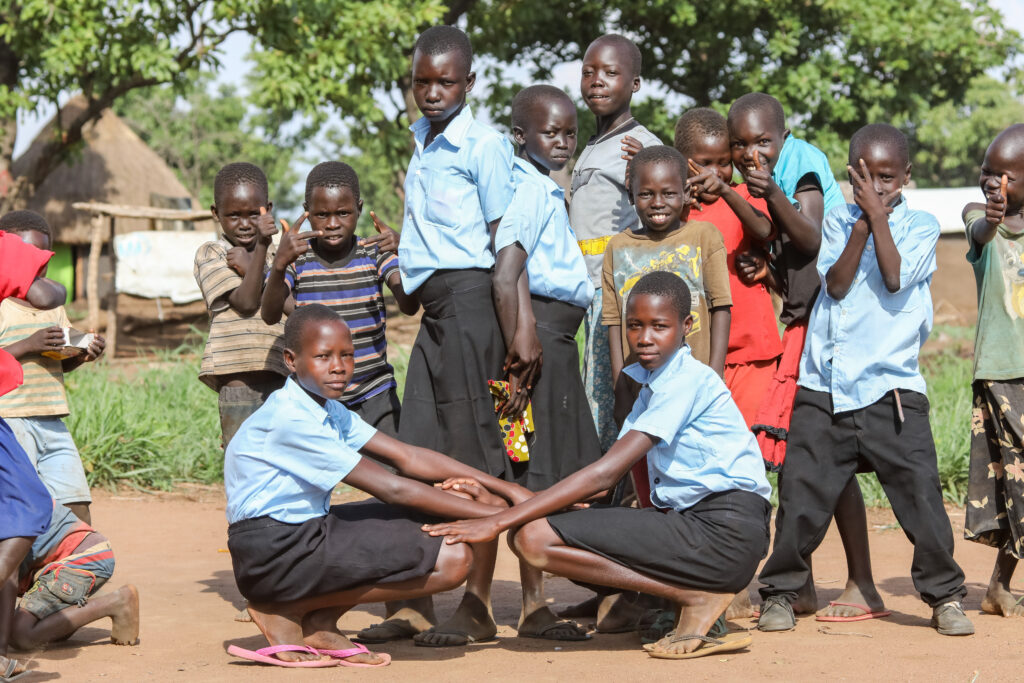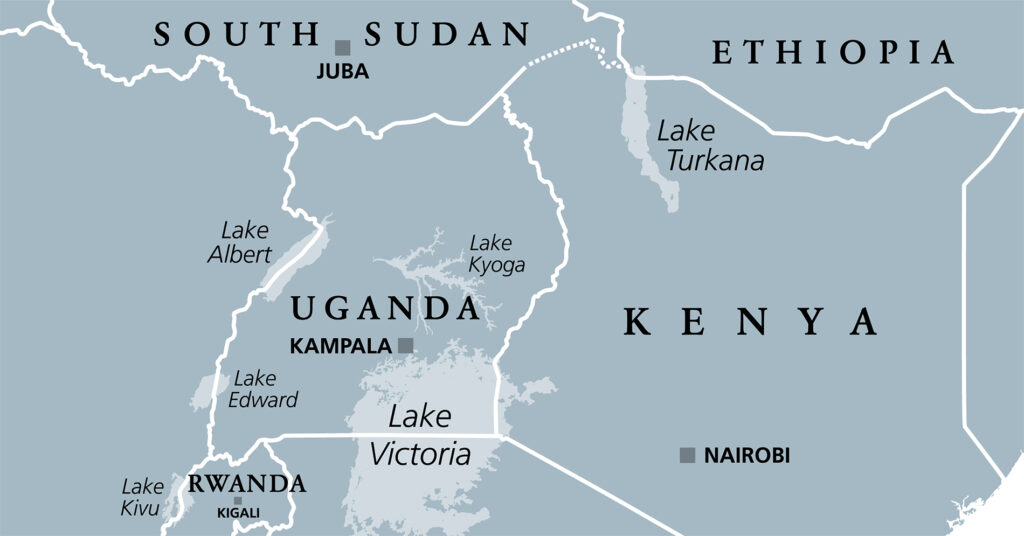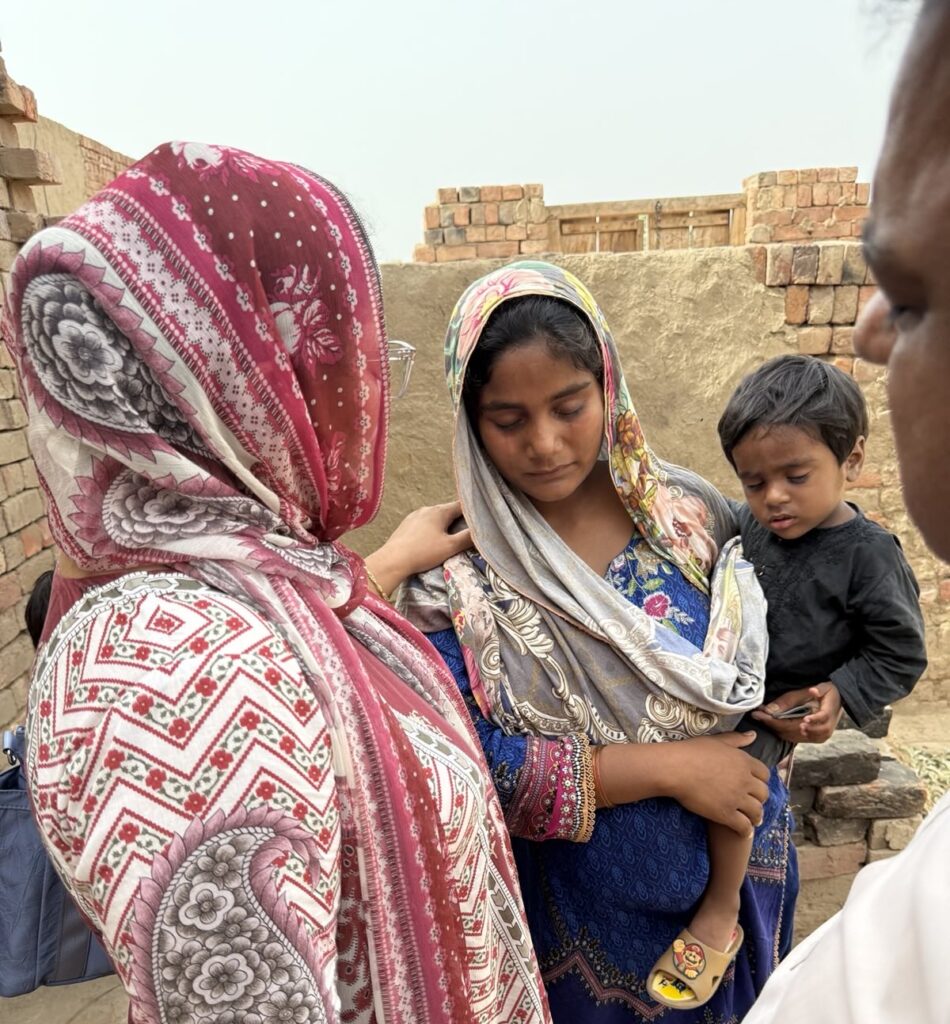LAHORE, Pakistan, February 6, 2023 (Morning Star News) – A Muslim in Karachi, Pakistan on Wednesday (Feb. 1) threw acid on a 19-year-old Christian woman for refusing his pressure to enter into relationship and convert to Islam, sources said.
Sunita Masih, who lives with her sister after the death of her parents, left the house in Masoom Shah Colony, in Karachi’s Kala Pull area, to go to work that morning. After getting off a bus at Cantt station, her Muslim neighbor, Kamran Allah Bux, threw acid on her and fled, said her uncle, John Masih.
“Sunita is just 19, but now her whole life has been physically and mentally scarred by Kamran,” her uncle said. “Even if he is convicted for his crime, will Sunita be able to live a normal life again? We all know how our society treats acid attack survivors, even though they are the victims of this heinous crime.”
Sunita Masih suffered 20 percent burns in the attack.
“My eyes, face, arms, and legs started burning as soon as Kamran threw the acid on me,” she told police from her hospital bed. “The pain was so excruciating that I collapsed on the road.”
Bux had been pressuring her to enter into a relationship with him, John Masih said.
“He would try to force her to renounce her Christian faith, assuring her that he would marry her once she became a Muslim, but she refused to surrender to his illegitimate demands,” Masih said. “Sunita had informed her siblings about Kamran’s harassment, and they had repeatedly complained to his parents, urging them to stop him, but that did not work.”
The family had registered a complaint with police to stop the harassment, but they did not act on it, he said. When all efforts failed, Sunita’s brother-in-law beat Bux, which also did not deter him, John Masih said.
The family, members of a Salvation Army church, was seeking justice for Sunita Masih, whose face and other parts of her body were disfigured in the attack.
Assistant Sub-Inspector Sagheer Ahmed of the Frere Police Station said officers had registered a case against Bux for hurt by corrosive substance (Section 336-B of the Pakistan Penal Code) and had taken him into custody.
“We obtained his two-day physical remand from a court during which he confessed to the heinous crime,” Ahmed told Morning Star News. “In his statement, Kamran claimed that he had fallen in love with Sunita and had attacked her with acid in retaliation after she rejected his marriage proposal.”
‘Doubly Disadvantaged’
Pakistan has a history of violence and discrimination against women, including those belonging to vulnerable minority communities.
Acid attacks are a form of gender-based violence in which a corrosive substance is thrown on the victim with the intention of disfiguring or killing. These attacks are often carried out as a form of retaliation and are often aimed at women who reject marriage proposals or other advances from men.
Karachi, in particular, has witnessed a surge in acid attacks in recent months, with at least a dozen being reported since October.
Women belonging to religious minorities, such as Christians and Hindus, are doubly disadvantaged as they are often seen as easy targets not protected by the same social norms compared with those belonging to the majority Muslim community.
Mary James Gill, former lawmaker and executive director of the Lahore-based Center for Law and Justice, said the Federal Ministry for Religious Affairs and Interfaith Harmony insists that forced conversion was not an issue in Pakistan but refuses to acknowledge the daily dangers to Christian and Hindu females.
“Minority girls face harassment and intimidation from Muslim men every day, but their pleas for help go unheeded,” Gill said. “Who is responsible for ensuring the protection of lives and faith of these minority girls in this Islamic republic?”
Despite the efforts of various organizations and activists, the number of acid attacks in Pakistan has continued to rise, with nearly 1,500 cases reported between 2007 and 2022. The impact of these attacks on the lives of women is devastating, with many struggling to make ends meet and facing ongoing discrimination and marginalization.
Church leaders and activists say it is crucial that the government take steps to ensure the safety and protection of all women in Pakistan, regardless of their religion. This includes enforcing existing laws and regulations, as well as implementing new measures to prevent and punish those responsible for these horrific crimes.
Pakistan ranked seventh on Open Doors’ 2023 World Watch List of the most difficult places to be a Christian, up from eighth the previous year.
